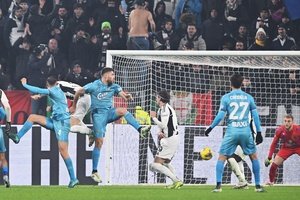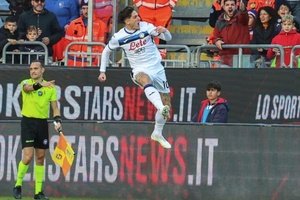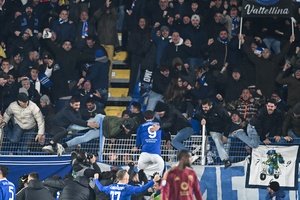Austria and Slovenia announced on Tuesday they would severely restrict travel from neighbouring Italy, which is the most affected country in Europe, with 8514 confirmed cases and 631 deaths.
Austria – which is also banning large public gatherings – suspended all flights and trains from Italy, while Slovenia said it would close its 232-kilometre-long border with the country.
Speaking after the Italian government imposed travel restrictions across the country, Chancellor Sebastian Kurz said Austrians returning from Italy would have to self-isolate for two weeks.
As well as barring Italians from entering the country, “regarding Austrians in Italy, we are currently organising a repatriation of these Austrians”, Kurz told reporters in Vienna.
Five mobile teams began health checks on the Brenner Pass as well as two other routes between the two countries on Tuesday.
Meanwhile, a spokeswoman for Germany’s Deutsche Bahn said that the only service it had linking it to Italy, between Munich and Venice, has also been suspended.
The Spanish government said on Tuesday that it would suspend all air traffic from Italy for two weeks.
British Airways cancelled all its Italian flights, while budget airlines Ryanair and Wizz Air said that they would be scrapping flights from Italian airports until early April.
Air France made a similar move.
However, there were still services running from Rome’s main Fiumicino airport to destinations in Europe and beyond on Tuesday afternoon, as well as to domestic Italian destinations.
Flights were also still taking off from the smaller Ciampino airport, used mostly by low-cost airlines.
The ADR company which runs Rome’s airports said that all arriving passengers and all those heading for destinations outside the Schengen zone “will undergo health checks” and have to go through thermal scanners to try to detect any potential fever.
The wave of cancelled trips is raising fears for Italy’s tourism sector, which accounts for 13 per cent of the country’s GDP.












